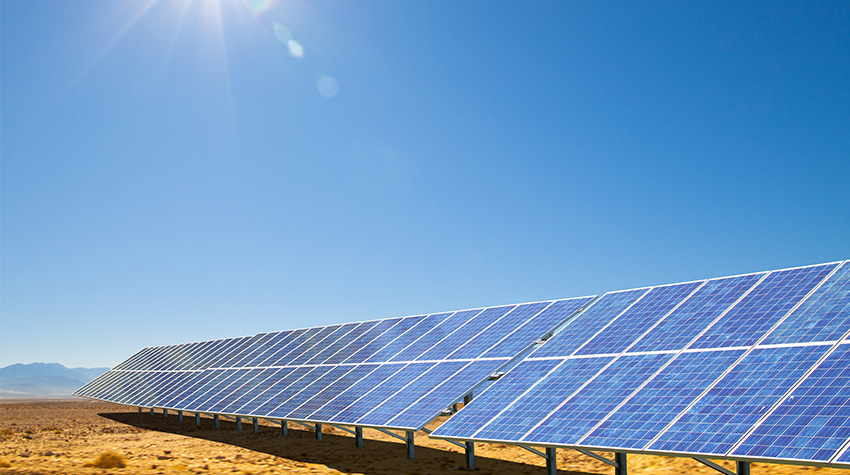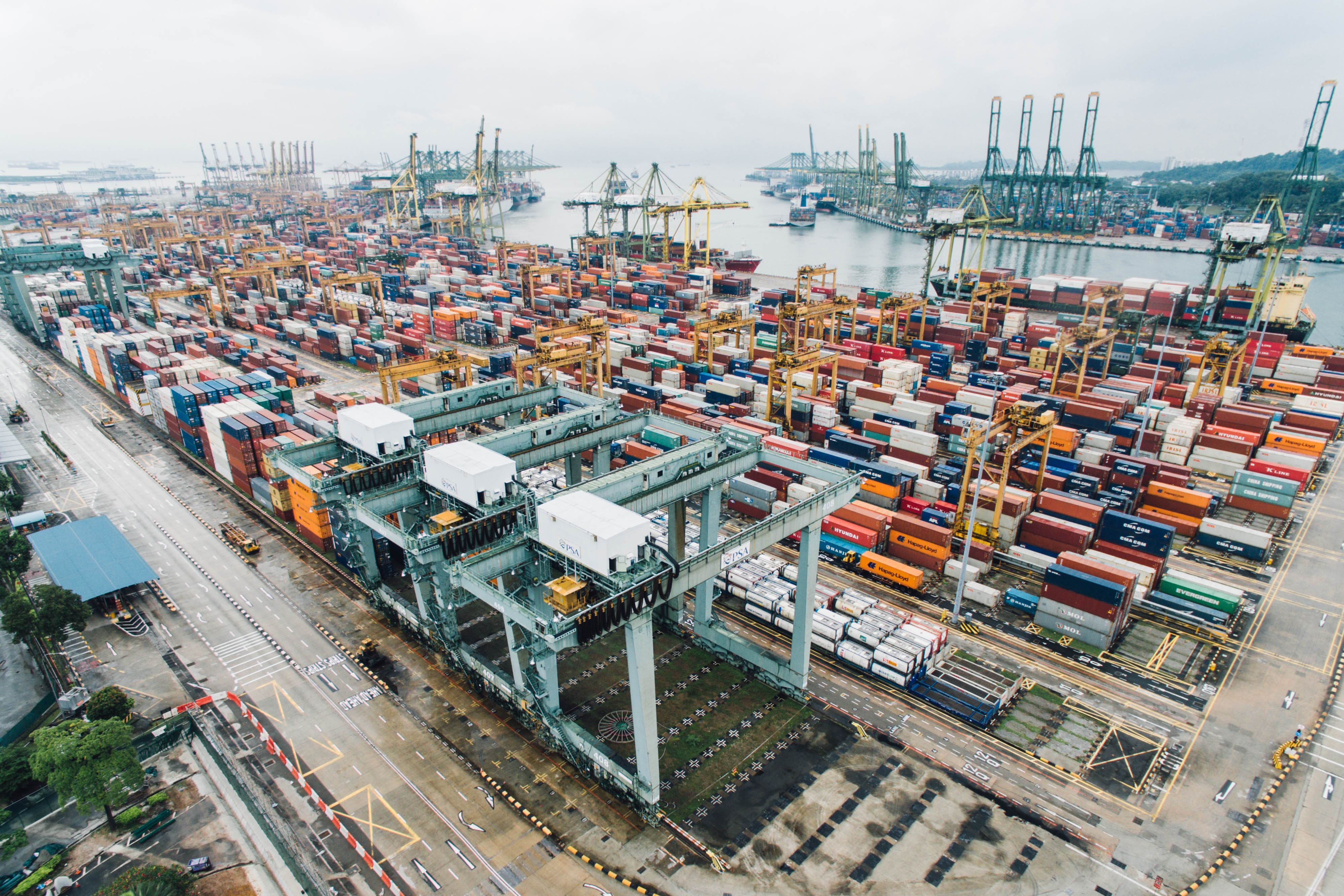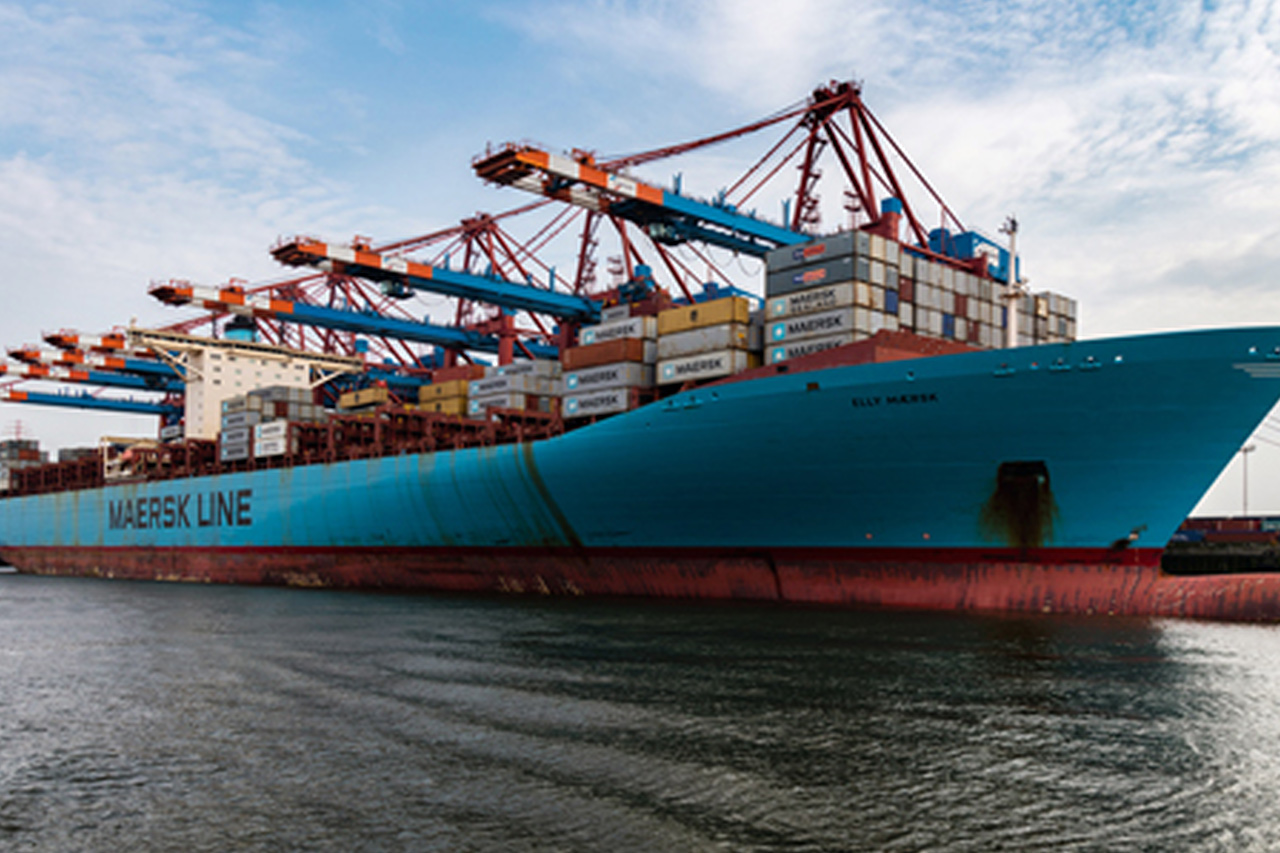Case studies
Filter by
85 results found
The mechanism allows borrowers to obtain financing under syndicated loan (credit) agreements to deliver state-backed infrastructure projects
Case studies
The Factory is a project finance mechanism for investment projects in Russia’s priority industries, which include manufacturing, heavy engineering, nuclear industries, infrastructure, agriculture, healthcare, and information and communication technology
Read time: 2 minutes
Published
20 Sep 2021
Read more


Case studies
RaiseGreen is a new crowdfunding marketplace/platform for green projects. Individuals, startups, non-profits or even local governments looking to start their own green projects can utilise the platform to create and develop the project, set their own terms, and present their offering on RaiseGreen’s platform for potential investors.
The platform offers a wide variety of replicable, templatised investment opportunities for solar power, affordable housing, EV charging stations, agriculture, water projects, and microgrids.
Read time: 3 minutes
Published
01 Nov 2021
Read more


Case studies
Australia's national government introduced policy to incentivize asset recycling by state-level governments, by offering up to 15% of the sale or lease proceeds of asset privatizations for re-investment in infrastructure projects
Read time: 2 minutes
Published
25 Nov 2015
Read more


In Senegal, energy is produced by private operators and sold to the Senelec government energy corporation.
Case studies
Since 2010, Senegal had pursued reform policies within the energy sector, and aimed to increase installed renewable energy to 20% of total installed capacity by 2017.
Read time: 2 minutes
Published
20 Sep 2021
Read more


Case studies
Within the state “Education Development” (2018-2025) program, the Ministry of Education of Russia and the State Development Corporation VEB.RF launched a program of state support for construction and operation of public schools through PPP mechanisms
Read time: 2 minutes
Published
20 Sep 2021
Read more


Case studies
Tel Aviv is Israel’s second-most populous city and its main business, technological, and cultural center. Its population has grown at 2% per year; Israeli population growth is ten times the OECD average.
Read time: 3 minutes
Published
20 Sep 2021
Read more


Case studies
Asia long faced a gap of investment capital available for infrastructure projects
Read time: 2 minutes
Published
05 Nov 2020
Read more


Case studies
The Uruguayan government planned to diversify its energy mix, reducing its heavy reliance on hydropower and imported fossil fuels during drought seasons
Read time: 2 minutes
Published
05 Nov 2020
Read more


Case studies
In line with the global focus on climate change and greenhouse gasses, Canada has committed to a Net Zero Target by 2050. The Quebec Government has developed the 2030 Plan for a Green Economy aiming at reducing greenhouse gas (GHG) emissions by 37.5% below 1990 levels by 2030
Read time: 2 minutes
Published
29 Apr 2022
Read more


Published
29 Oct 2021
Read more


Case studies
Despite abundant surface freshwater, only 84% of Brazil’s people have access to potable water, and only 50% have access to sewerage. Insufficient public funds and limited use of private capital have resulted in limited progress in improving access to water and sanitation. The Corsan Water Supply, Efficiency, and Resilience Project is leveraging private financing to address losses in water distribution and mitigate climate change risks.
Read time: 3 minutes
Published
05 Oct 2021
Read more


Case studies
The 300MV Victorian Big Battery is currently to be Australia’s largest lithium-ion battery which assists in providing critical grid support services, reducing wholesale power costs for consumers and assisting in the transition to renewable energy in Victoria, Australia.
It utilises the System Integrity Protection Scheme (SIPS) which increases import capacity to Victoria by up to 250 MW, reducing the likelihood of unserved energy (USE) from high impact, low probability (HILP) events during summer periods.
Read time: 3 minutes
Published
02 Nov 2021
Read more


Case studies
Innovative win-win power scheduling agreement between the two procurers that enabled Delhi Metro to draw power flexibly to suit the variable nature of its demand for running trains.
Read time: 3 minutes
Published
17 Nov 2021
Read more


Case studies
The Indonesian Government aims to expand its geothermal energy sector to reduce greenhouse gas emissions.
The Green Climate Fund (GCF) and Clean Technology Fund (CTF) are offering USD127.5m in financing, consisting of a senior concessional loan for public sector projects, a reimbursable grant for private sector projects, and a grant for technical assistance. World Bank will also provide USD100 million loan to scale up investments in geothermal energy in Indonesia.
Read time: 3 minutes
Published
01 Nov 2021
Read more


Case studies
IFC in close collaboration with the WB, MIGA and in consultation with key market and industry players, has worked on the development and design of the Scaling Mini-Grid (SMG) platform: a set of semi-standardised project preparation requirements, templates, risk mitigation instruments, and stapled financing
Read time: 3 minutes
Published
30 Mar 2022
Read more


Case studies
A solar leasing project at Singapore's Jurong Port significantly reduced carbon emissions and generated cost savings.
Read time: 2 minutes
Published
20 Sep 2021
Read more


The development of credit ratings for loans in emerging countries is critical for accessing capital markets
Case studies
The African Development Bank (AfDB) is mandated to drive social and economic development in Africa through multiple project types including infrastructure
Read time: 2 minutes
Published
05 Nov 2020
Read more


Case studies
IFC worked with Timor-Leste’s new PPP Unit to deliver a transparent tender process that attracted globally reputable port operators. The key bid variable was the Viability Gap Financing subsidy required by each bidder after a very strict technical pre-qualification
Read time: 3 minutes
Published
27 Apr 2022
Read more



















